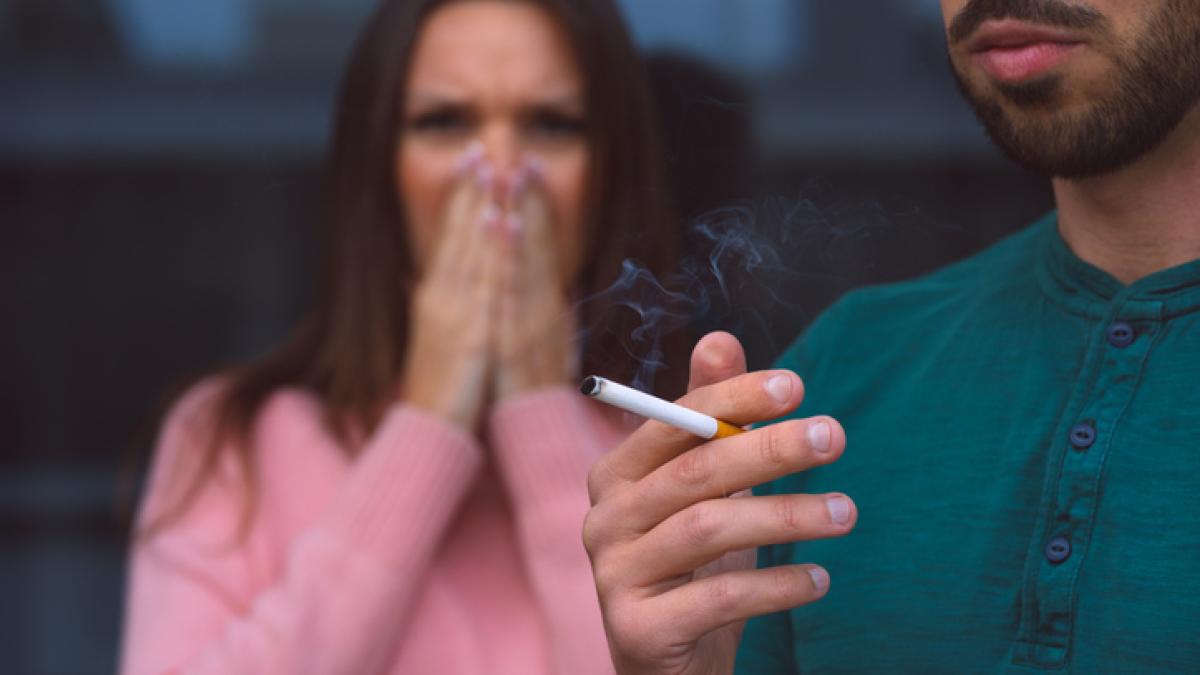Study Shows Increased Risk of Atrial Fibrillation from Secondhand Smoke Exposure
A recent study conducted in Korea on 400 thousand individuals has revealed a concerning link between secondhand smoke exposure and the development of atrial fibrillation, the most common heart rhythm disorder. The study, presented by Kyung-Yeon Lee of the Seoul National University Hospital at the European Society of Cardiology congress, highlighted how the risk of atrial fibrillation increases with prolonged exposure to secondhand smoke, regardless of whether the exposure occurs at home, outdoors, or at work.
Atrial fibrillation is known for its symptoms including palpitations, shortness of breath, fatigue, and difficulty falling asleep. It is estimated that 1 in 3 Europeans may develop this condition in their lifetime, with affected individuals being 5 times more likely to suffer a stroke than their healthy peers.
The research included approximately 400 thousand adults aged 40-69 who were not current smokers or patients with atrial fibrillation. Participants were asked about their exposure to passive smoking both at home and in other environments over the past year. The study revealed that those exposed to secondhand smoke had a 6% higher risk of developing atrial fibrillation compared to those who were not exposed.
Furthermore, the study found a dose-dependent relationship, meaning the more hours spent inhaling secondhand smoke, the greater the risk of heart problems. For example, individuals exposed to 7 hours of secondhand smoke per week had an 11% higher likelihood of developing heart rhythm disturbances.
In light of these findings, lead researcher Kyung-Yeon Lee emphasized the importance of avoiding smoky environments and called for policymakers to further reduce smoking in public areas and support smoking cessation programs. The study underscores the harmful effects of secondhand smoke both indoors and outdoors.
As the evidence continues to mount on the dangers of secondhand smoke, it is crucial for public health policies to address this issue and protect individuals from the potentially life-threatening consequences of passive smoking.
Published on April 24, 2024. © ALL RIGHTS RESERVED.
